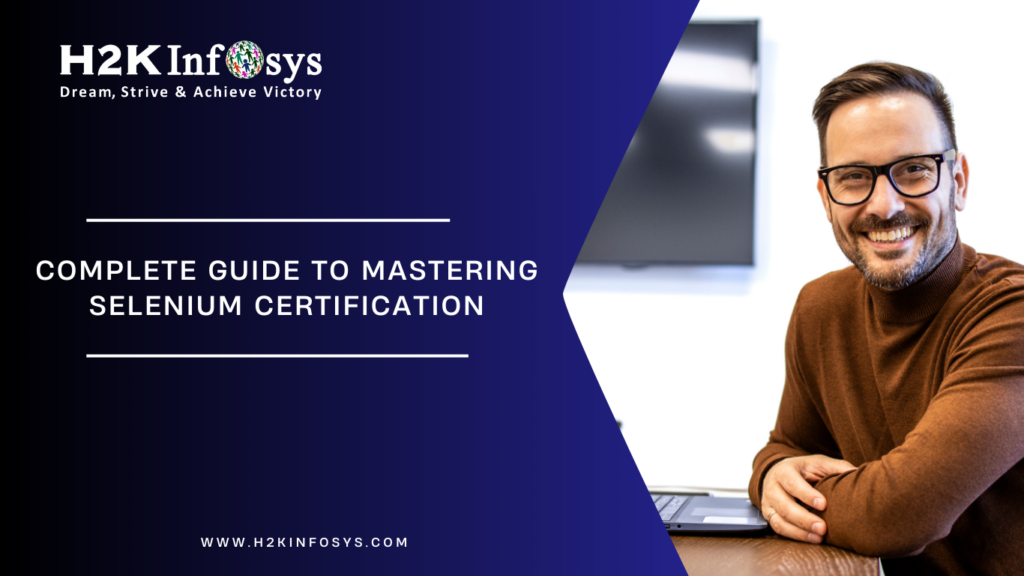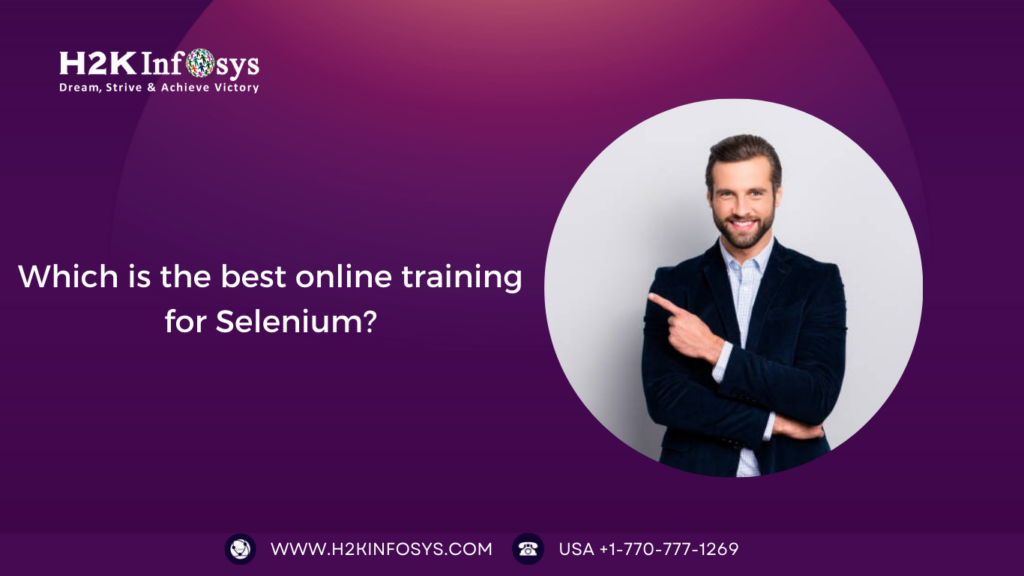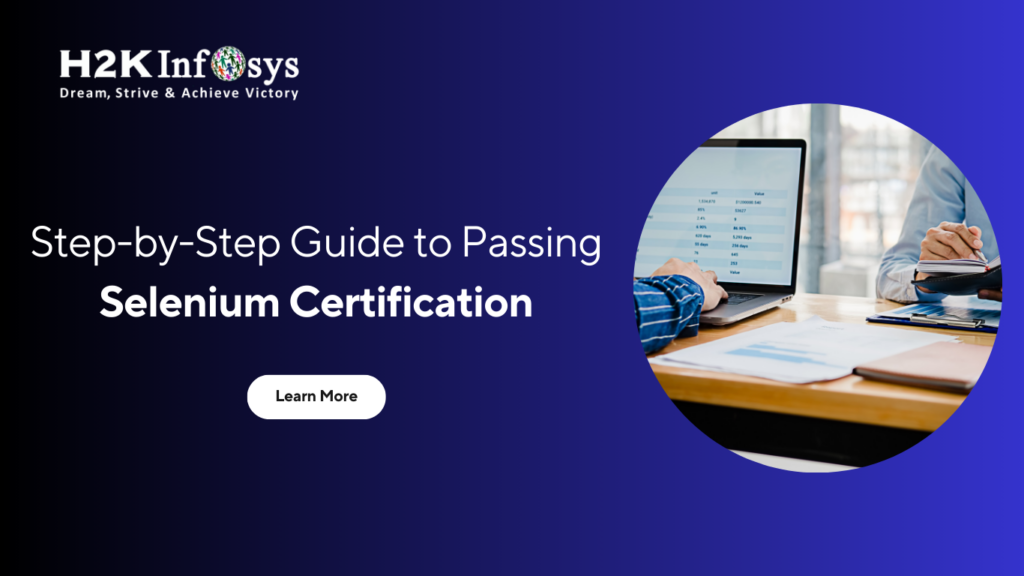The role of an Information Systems Security Officer (ISSO) is more critical than ever. As organizations increasingly rely on digital infrastructures and face evolving Cyber Security threats, the demand for skilled professionals who can safeguard sensitive information has grown. ISSOs are responsible for ensuring that an organization’s information systems are secure from potential threats. This article explores some advanced interview questions that candidates may encounter when applying for ISSO positions, providing insights into the knowledge and skills required to excel in this role.
Overview of the Information Systems Security Officer Role
The Information Systems Security Officer plays a pivotal role in managing and securing an organization’s information systems. They are responsible for developing, implementing, and maintaining security policies and procedures. The ISSO ensures compliance with relevant laws and regulations, conducts risk assessments, and collaborates with other departments to protect sensitive data.
Key Responsibilities of an ISSO
- Security Policy Development: Designing and implementing security policies and procedures.
- Risk Assessment: Identifying and assessing potential security risks.
- Incident Response: Managing and responding to security incidents.
- Compliance: Ensuring adherence to legal and regulatory requirements.
- Training and Awareness: Educating employees about security best practices.
Technical Knowledge and Skills
When interviewing for an advanced ISSO position, candidates should demonstrate a strong understanding of various technical domains. The following sections cover some critical areas and related interview questions.
Network Security
Network security is a fundamental aspect of an ISSO’s responsibilities. Candidates should be familiar with securing network infrastructures, including firewalls, intrusion detection systems (IDS), and virtual private networks (VPNs).
Sample Questions:
Q1.How would you secure a corporate network against a potential Distributed Denial of Service (DDoS) attack?
A. Candidates should discuss measures such as implementing DDoS protection services, rate limiting, and using traffic analysis tools to detect and mitigate attacks.
Q2.Explain the differences between stateful and stateless firewalls.
A. A stateful firewall tracks the state of active connections and makes decisions based on the context of the traffic, while a stateless firewall filters packets based solely on predefined rules without considering connection states.
Application Security
Securing applications is crucial to preventing data breaches. Candidates should understand secure coding practices, common vulnerabilities, and methods for securing web and mobile applications.
Sample Questions:
Q1.What are some common web application vulnerabilities, and how would you mitigate them?
A. Candidates should mention vulnerabilities such as SQL injection, cross-site scripting (XSS), and cross-site request forgery (CSRF) and discuss mitigation techniques like input validation, output encoding, and using security headers.
Q2.How do you conduct a secure code review?
A. The answer should include steps such as identifying critical components, reviewing code for security flaws, using automated tools, and performing manual code analysis.
Cryptography
Understanding cryptography is essential for an ISSO, as it is a key component in protecting data confidentiality and integrity.
Sample Questions:
Q1.Explain the difference between symmetric and asymmetric encryption.
A. Symmetric encryption uses the same key for encryption and decryption, while asymmetric encryption uses a public key for encryption and a private key for decryption.
Q2.What is a digital signature, and how does it work?
A. A digital signature is a cryptographic technique used to verify the authenticity and integrity of a message or document. It involves hashing the data and encrypting the hash with the sender’s private key.
Risk Management and Compliance
Risk management and compliance are critical aspects of an ISSO’s role. Candidates should be well-versed in risk assessment methodologies, compliance frameworks, and industry standards.
Risk Assessment and Management
Effective risk management involves identifying, assessing, and mitigating potential security risks.
Sample Questions:
Q.1How do you perform a risk assessment for a new information system?
A. Candidates should describe steps such as identifying assets, assessing vulnerabilities, evaluating potential threats, and determining the impact and likelihood of risks.
Q2.What strategies do you use to prioritize and mitigate identified risks?
A. The answer should include approaches like risk acceptance, avoidance, mitigation, and transference, as well as the importance of cost-benefit analysis.
Compliance Frameworks and Standards
Compliance with industry standards and regulations is crucial for organizations. Candidates should be familiar with frameworks like ISO 27001, NIST, and GDPR.
Sample Questions:
Q1.Explain the key components of the ISO 27001 standard.
A. ISO 27001 is an international standard for information security management systems (ISMS). Key components include risk assessment, security policies, asset management, and incident management.
Q2.How would you ensure compliance with GDPR in an organization?
A. Candidates should discuss data protection principles, the rights of data subjects, and measures like data anonymization, consent management, and data breach notification procedures.
Incident Response and Forensics
Incident response and forensics are critical for managing and investigating security incidents. Candidates should demonstrate knowledge of incident response processes and forensic analysis techniques.
Incident Response
Q1.Incident response involves identifying, managing, and mitigating security incidents.
A. The answer should include preparation, detection, containment, eradication, recovery, and post-incident analysis.
Q2.How do you handle a data breach involving sensitive customer information?
A. Candidates should describe steps such as containing the breach, notifying affected parties, conducting a thorough investigation, and implementing measures to prevent future incidents.
Digital Forensics
Digital forensics involves collecting, analyzing, and preserving electronic evidence.
Sample Questions:
Q1.What tools and techniques do you use for digital forensics investigations?
A. The answer should include tools like EnCase, FTK, and Wireshark, as well as techniques such as data acquisition, analysis, and reporting.
Q2. How do you ensure the integrity of digital evidence during an investigation?
A. Candidates should discuss the importance of maintaining a chain of custody, using write-blockers, and documenting all actions taken during the investigation.
Leadership and Communication Skills
Beyond technical expertise, ISSOs must possess strong leadership and communication skills. They often work with various stakeholders, including executives, IT teams, and external auditors.
Leadership
Leadership skills are essential for guiding security teams and managing security initiatives.
Sample Questions:
Q1.How do you lead a security team during a critical incident?
A. The answer should include maintaining calm, effective communication, delegating tasks, and making informed decisions under pressure.
Q2.How do you foster a culture of security within an organization?
A. Candidates should discuss initiatives like security awareness training, promoting best practices, and encouraging open communication about security concerns.
Communication
Effective communication is crucial for explaining complex security concepts to non-technical stakeholders.
Sample Questions:
Q1.How do you explain a technical security issue to a non-technical executive?
A. Candidates should emphasize the importance of using simple language, focusing on the impact of the issue, and offering actionable recommendations.
Q2.How do you handle disagreements with other departments regarding security policies?
A. The answer should include active listening, understanding different perspectives, and finding a compromise that balances security needs with business objectives.
Conclusion
Interviewing for an advanced Information Systems Security Officer position requires a deep understanding of technical and non-technical aspects of information security. Candidates should be prepared to answer questions across various domains, including network security, application security, cryptography, risk management, compliance, incident response, and digital forensics. Additionally, demonstrating strong leadership and communication skills is crucial for success in this role. By mastering these areas, candidates can showcase their expertise and readiness to take on the challenges of securing an organization’s information systems.

































3 Responses